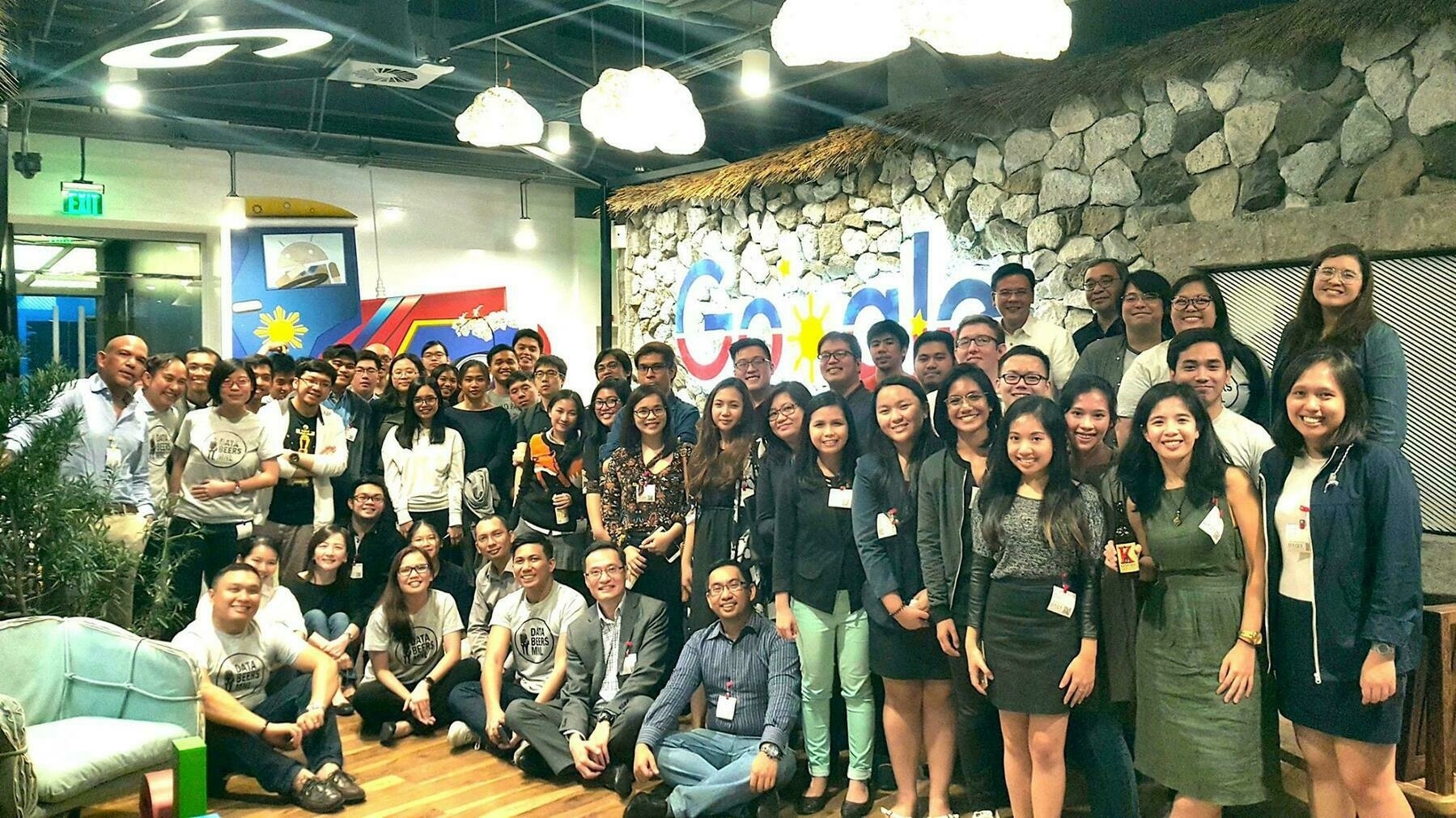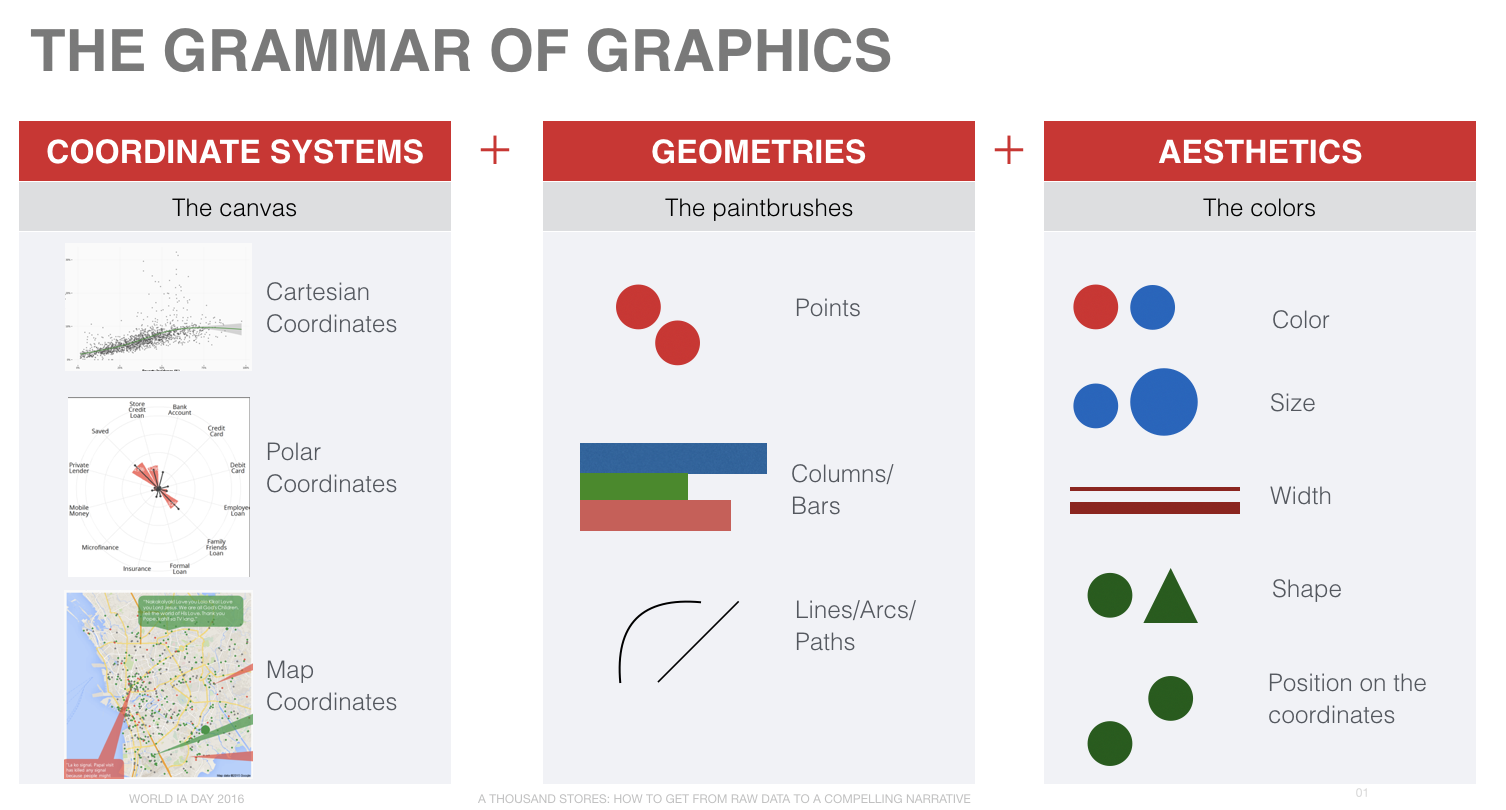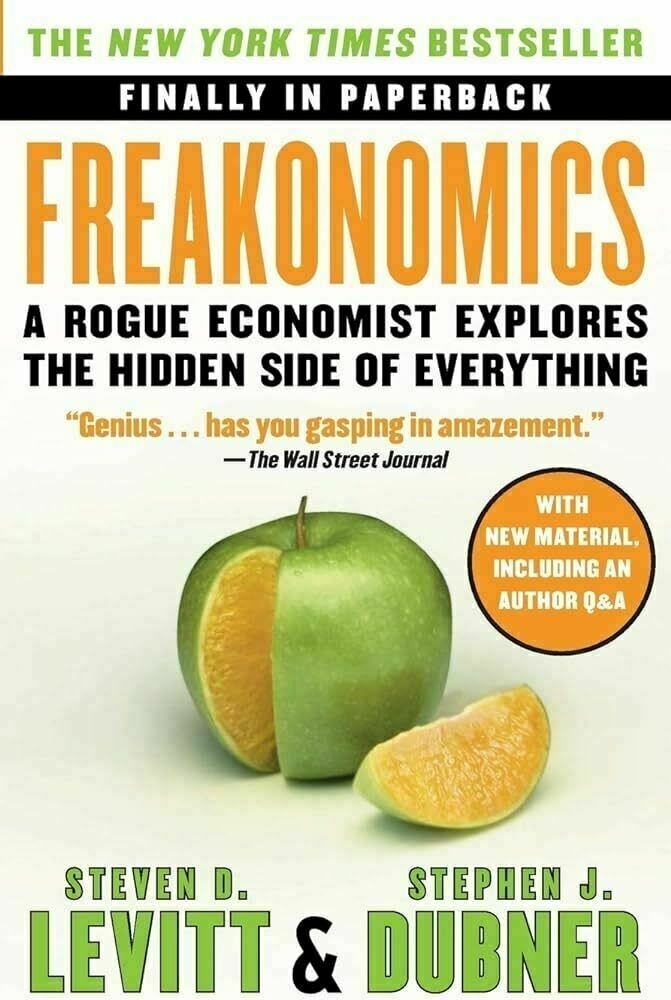👋 Hey there! I'm TJ. I write about data products, technology, software, and economics.
I'm a husband and father, living in Singapore, and from the Philippines. I explore data engineering and accounting at Titanium Birch.
Book Review: Freakonomics: A Rogue Economist Explores the Hidden Side of Everything
Morality, it could be argued, represents the way that people would like the world to work—whereas economics represents how it actually does work. Freakonomics
This book has a special place in my life. It sparked my interest in quantitative social science which led to a career in data.
It’s a very light read that goes through various anecdotes generally exploring the themes of unintended consequences, when good intent is not enough to produce good outcomes, and incentives more broadly . The book explores rather taboo topics with a careless irreverence, earning it its title.
It can become a bit difficult to verify some of the claims in the book as the author introduces papers and studies very casually. It may be prudent to treat all the claims in this book with some skepticism.
At the end of the day, though, I don’t think the point of the book was to convince the reader of the absolute veracity of its analyses, but to introduce the reader to a new way of thinking that is completely pragmatic, a fresh perspective when compared to the dogmatisms of many personal and professional spheres today.
Dealing with model uncertainty in data products
Data Science for Operational Impact
Data science for operational impact is quite an interesting field of study that has more intersections with social sciences and requires more organizational savvy.
Much of the data science discourse at the time was geared towards what I call Product Data Science, where the goal was to build highly scalable machine learning systems that solve a general problem (think Uber’s surge algorithm). However, I think an equally interesting area of data science is what I’d call Operational Data Science, where there is significantly more iteration, working with domain experts (local marketers, country managers), to solve problems with “human-in-the-loop”.
Thinking about data science this way has enabled me to overcome many adoption barriers in my past work.
I presented this at SGInnovate, a data science incubator bootcamp in Singapore, while I was still at Uber.
Exploring the world of Philippine online news

The Databeers Manila crowd at the Google Philippines office.
Last week, I had the chance to speak at Databeers Manila, which is a data science event infused with the power of good ol' beer. The event was held in the Google Philippines office, and beer was care of Katipunan Craft Ales.
On Data Visualization Design

Last year, I was invited to speak at World Information Architecture Day 2016 in Manila, held at A-Space, Makati. I covered an introduction to data use cases, and how to think about designing data visualizations, and why I think designing the right ways for people to consume insights from data is just as important than our ability to process or analyze them.
The video is up for people to watch. Please let me know your thoughts at the comments section.
If you’d like to view the slides more clearly, I’ve uploaded them to slideshare:
On Minimalistic Maps: Mapping Population Density in the Philippines
Minimalistic maps
Taking the idea from the Population Lines Print by Spatial.ly / Dr James Cheshire, we plot local population density maps for the Philippines in the same style. The data is taken from the NASA Socioeconomic Data and Applications Center (SEDAC).

On Facebook News in the Philippines: Using topic modeling to find trends in online news coverage
Facebook has become one of most visible sources of news in the Philippines, and it has arguably played a huge role in shaping Filipino views. We take a look at how the Philippines news cycle evolved with by using topic modeling.
Read More →